Insects are among the most diverse groups of animals on the planet, including more than a million described species and representing more than half of all known living organisms. There is a variety of insects, many of them are harmless while others are deadliest. Following is the list of 10 most terrifying insects around the world, although all are not deadliest but they may cause extreme fear at first look.
10. New Zealand Weta
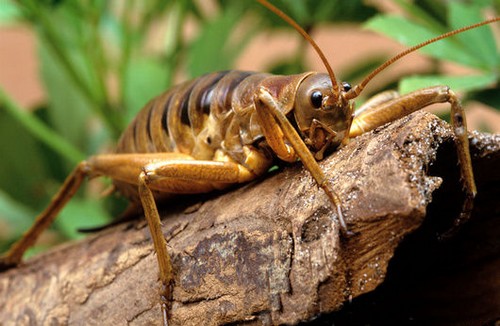
This species has produced the world’s heaviest insect – and it is terrifying to look at. The largest Weta ever found was in New Zealand and the cricket-like creature weighed in at 2.5 ounces with a 7-inch wing span. The thing is large enough to wrap its arms around a carrot but doesn’t really pose any dangers to humans.
9. Dengue Mosquito
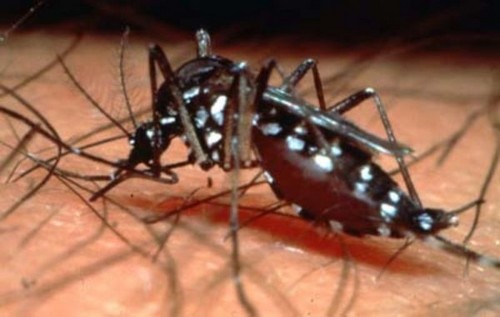
The dengue mosquito, or Aedes aegypti, is one of the most deadliest animal in the world. It is the main type of mosquito that transmits dengue fever and is found in many tropical countries around the world. The dengue mosquito does not live or breed in swamps, creeks, rivers, bush land or mangroves. While other types of mosquitoes do, the dengue mosquito only lives where there are people.
8. Wasps

It is neither a bee nor an ant. Including the yellow jackets and hornets within the class, wasps vary in that they are relatively social, generally terrestrial, and almost every sub-species has a specific parasite or pest that it preys upon exclusively. Though wasps do not necessarily seek out humans to sting, it is the oft-allergic sting that does the most damage. Many people go into anaphylactic shock and die because of a single wasp sting.
7. Kissing Bugs
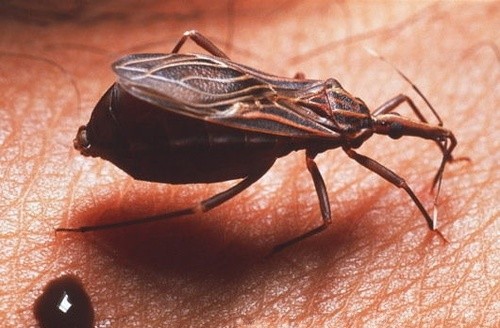
These little monsters are known for sucking on vertebrae blood. They’re also known for infecting humans with Chagas disease. They are also known as conenose bugs, assassin bugs, or triatomines. They are mainly found and widespread in the Americas, with a few species present in Asia, Africa, and Australia.
6. Heterometrus
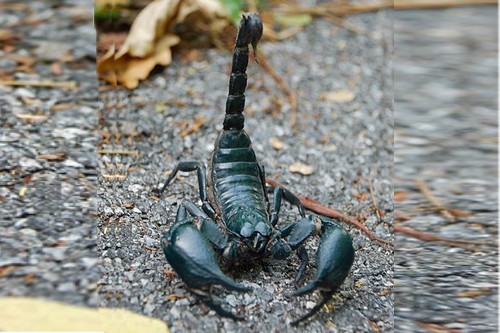
Heterometrus, also known as giant forest scorpions, is a genus of scorpion belonging to the family Scorpionidae. It is distributed widely across tropical and subtropical southeastern Asia, including Cambodia, Laos, Thailand, Vietnam, as well as India, Sri Lanka, Nepal and China. It is notable for containing some of the largest living species of scorpions. It’s sting causes local pain, inflammation, oedema, swelling and redness of the skin, lasting for hours to a few days.
5. Bullet Ants
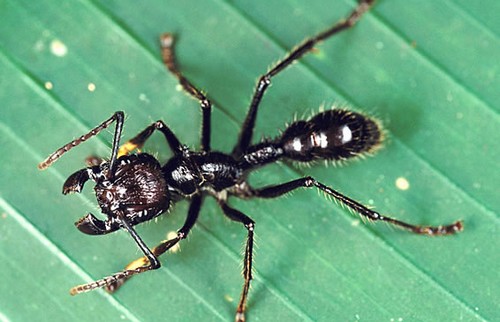
Also known as the 24 Ant, for the 24 hours of pain you endure if you’re unlucky enough to be stung by one of these tiny monsters. The pain caused by this insect’s sting is purported to be greater than that of any other Hymenopteran. It is described as causing “waves of burning, throbbing, all-consuming pain that continues unabated for up to 24 hours”.
4. Hornet
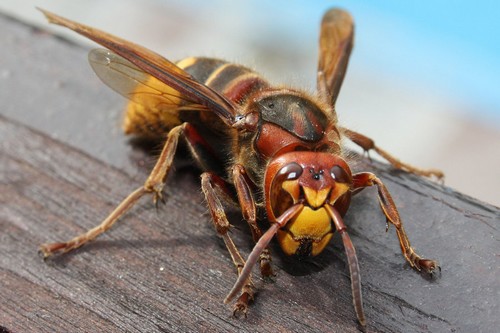
Hornets are the largest eusocial wasps; some species can reach up to 5.6 cm in length. The true hornets make up the genus Vespa and are distinguished from other vespines by the width of the vertex, which is proportionally larger in Vespa and by the anteriorly rounded gasters. Hornet stings are more painful to humans than typical wasp stings because hornet venom contains a large amount (5%) of acetylcholine. Individual hornets can sting multiple times; unlike typical bees, hornets and wasps do not die after stinging because their stingers are not barbed and are not pulled out of their bodies.
3. Centipedes
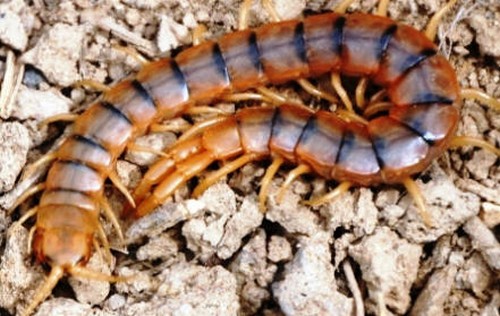
Centipedes are arthropods belonging to the class Chilopoda of the subphylum Myriapoda. They are elongated metameric animals with one pair of legs per body segment. Despite the name, centipedes can have a varying number of legs from under 20 to over 300. There are estimated to be 8,000 species of centipede worldwide. They look really weird, but they are actually good because they eat other insects and even some spiders. They are responsible for many deaths every year. Their bite will not hurt a normal person, but if you are allergic to the venom they produce, then you will be in serious trouble. These tiny things bite rarely, but it is never too bad to be careful now is it?
2. Tarantula
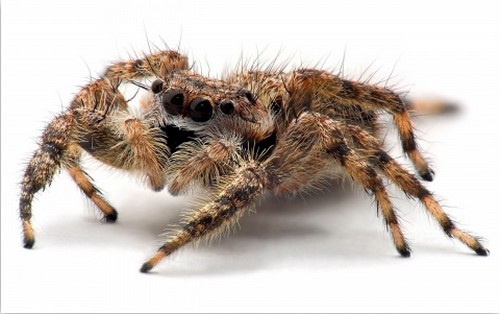
Tarantulas comprise a group of often hairy and very large arachnids belonging to the Theraphosidae family of spiders, of which approximately 900 species have been identified. Their sizes range from as small as a fingernail to as large as a dinner plate when the legs are fully extended. All tarantulas are venomous, few species have been claimed to cause human fatalities, though some bites cause serious discomfort that might persist for several days. Despite their often threatening appearance and reputation, no tarantula has been known to have a bite that is deadly to humans.
1. Deathstalker
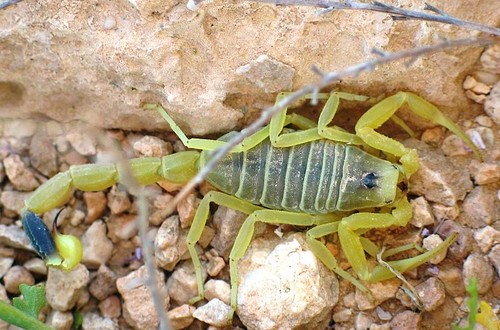
The deathstalker is a species of scorpion, a member of the Buthidae family. It is also known as Palestine yellow scorpion, Omdurman scorpion, Israeli desert scorpion and numerous other colloquial names. It is regarded as a highly dangerous species because its venom is a powerful mixture of neurotoxins, with a low lethal dose. Residing primarily in North Africa and the Middle East is responsible for over 75% of scorpion related deaths every year. Although healthy adults usually only feel unbearable pain, children that are envenomated suffer fever, coma, convulsions, and paralysis before their lungs fill up and they drown in their own fluids.



0 comments:
Post a Comment